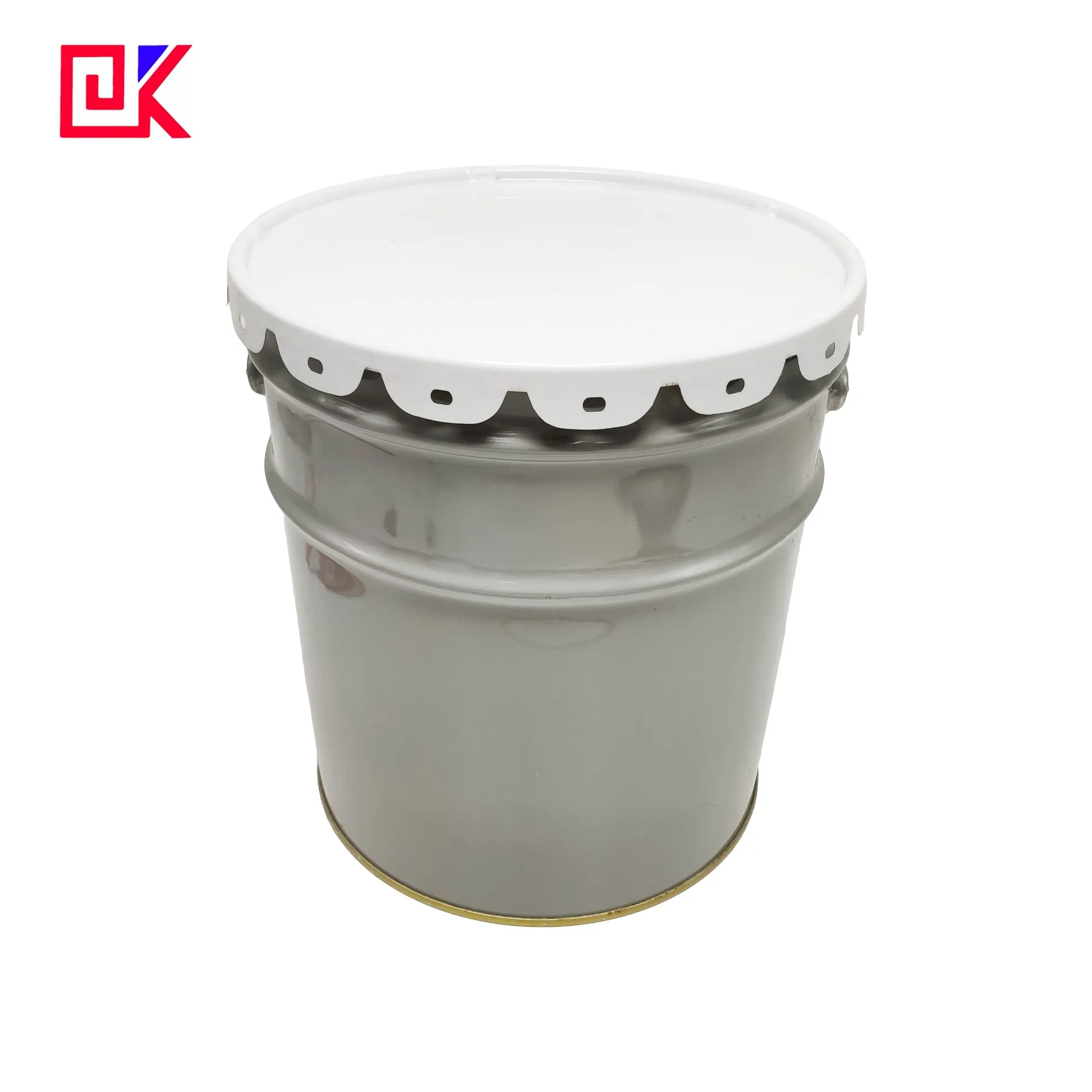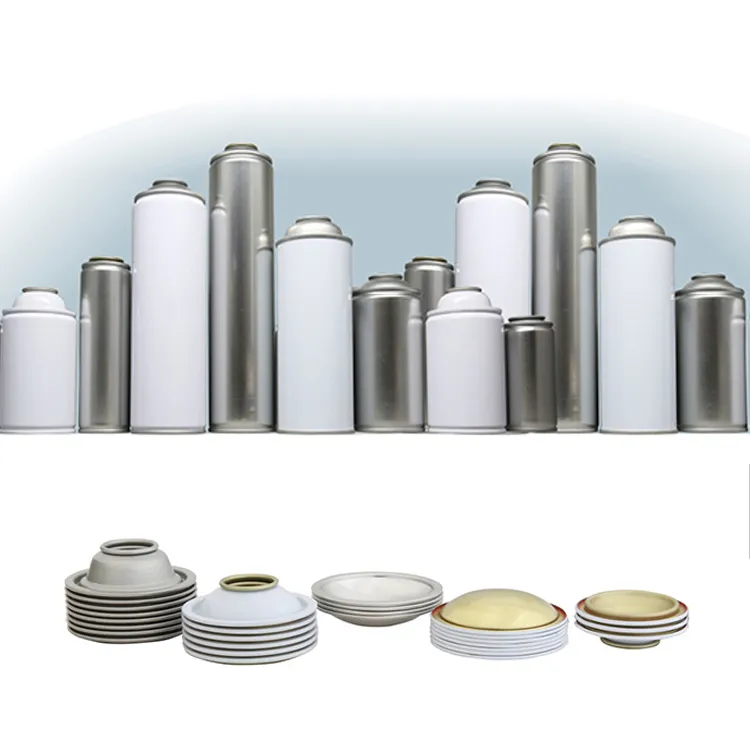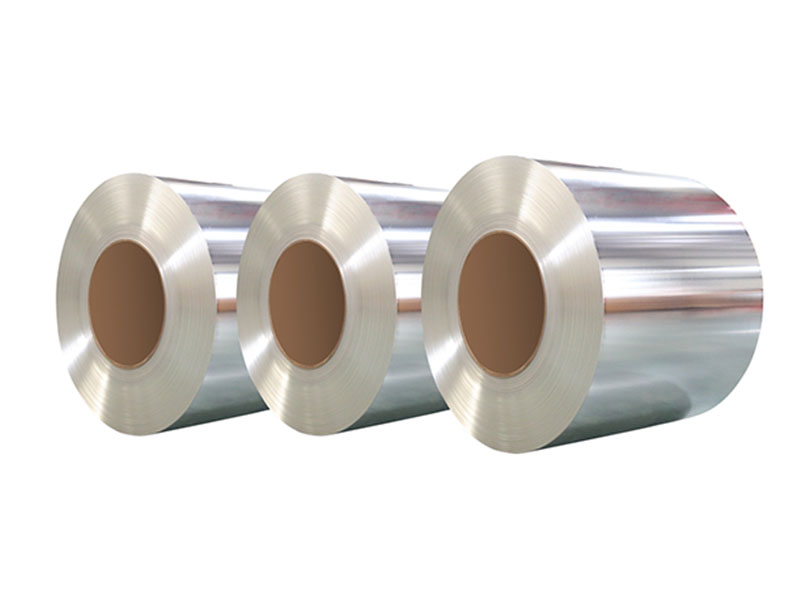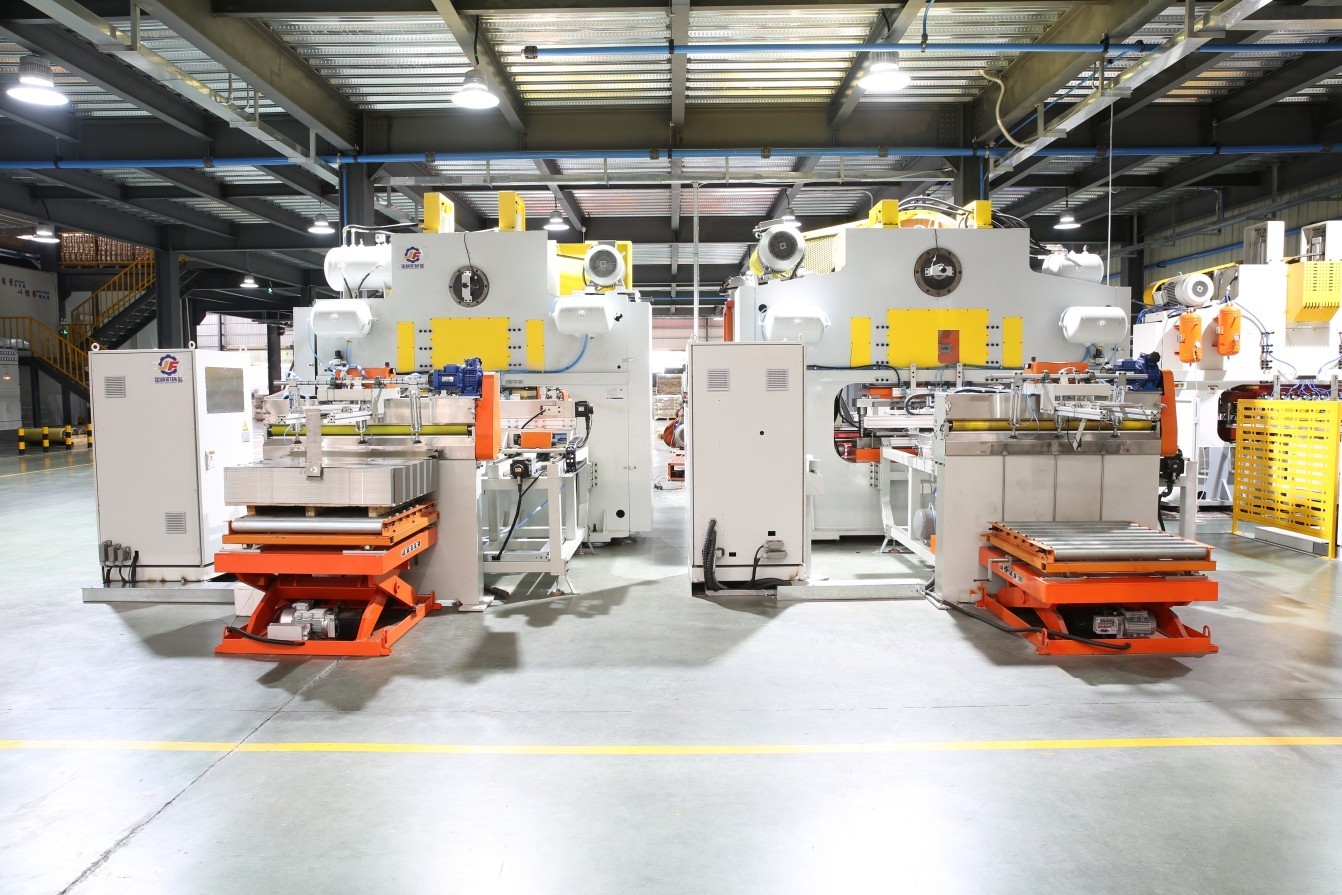Tinplate cans are a widely used packaging material in modern life. They offer excellent corrosion resistance, high strength, and excellent sealing properties, making them suitable for packaging a wide range of products. Tin plate cans are used in a wide range of applications, including food, beverages, chemicals, cosmetics, and pharmaceuticals. Not only do these cans ensure the safety of their contents, they also offer environmental advantages, allowing them to be recycled and reused multiple times.
This article will explore the uses of tin plate cans in detail and delve into their reusability and its importance in environmental protection.

What is a tinplate can and what are its characteristics?
Tinplate is a metal material coated with a thin layer of tin on an iron substrate. This tinning process imparts excellent corrosion resistance while maintaining the iron's inherent hardness and strength.
The main features of tinplate cans are as follows:
1. Excellent corrosion resistance: Due to the tin coating, tinplate cans effectively prevent oxidation from air, moisture, and other factors on the iron substrate, extending the can's lifespan and making them particularly suitable for the long-term storage of food and beverages.
2. High Strength and Good Plasticity: Tinplate has excellent mechanical properties, allowing the can to withstand certain external pressures and resist deformation, making it suitable for packaging carbonated beverages and aerosol products with high pressure.
3. Excellent Sealing: Through processes such as crimping and welding, tin plate cans achieve a very tight seal, preventing external contaminants from entering the can and ensuring the safety of the products inside.
4. High Recyclability: Tinplate is a recyclable and environmentally friendly material. Through effective recycling, it can be reused, reducing resource waste and environmental pollution.

What are the uses of tin plate cans?
Tin plate cans have a wide range of applications across various fields, covering almost all types of packaging products in daily life. The following are typical applications of tinplate cans in various major industries.
1. Food Industry
The use of tinplate cans in the food industry dates back to the 19th century, when tinplate was first used in food canning. Today, tinplate cans remain one of the most common materials for food packaging. Its excellent corrosion resistance and sealing properties ensure that the food inside the can does not spoil during long-term storage.
Canned foods, such as meat, fish, vegetables, and jam, are typically packaged in tinplate cans. After high-temperature sterilization, the can's airtight seal ensures the nutritional value and flavor of the food inside remain intact for a long time.
Tinplate cans are also commonly used for gift packaging of snack foods such as candy and chocolate. Because tinplate cans are not only functional but can also be printed to create exquisite designs, they are also very popular for high-end food packaging.
2. Beverage Industry
Tinplate cans play a vital role in the beverage industry, especially in the packaging of high-pressure beverages such as carbonated drinks and beer. Carbonated drinks contain carbon dioxide gas, which creates high internal pressure, placing extremely high demands on the sealing and strength of the packaging material. Tinplate cans can withstand high internal pressures without leaking during prolonged storage.
In addition, tinplate cans protect beverages from the effects of external light, especially for light-sensitive beverages such as beer. Because certain ingredients in beer are susceptible to chemical reactions under ultraviolet light, affecting flavor, tin plate cans' light-blocking properties make them an excellent choice for packaging beer.
3. Chemical Industry
Tinplate cans are primarily used in the chemical industry to package chemical products such as paints, lubricants, and solvents. Chemical products are often corrosive or volatile, placing extremely stringent demands on packaging materials. Tin plate cans' corrosion resistance and airtightness make them an ideal packaging material for these chemical products.
Furthermore, the strength and hardness of tinplate cans effectively prevent breakage and leakage during transportation, ensuring product safety. Furthermore, some high-concentration chemicals, such as pesticides and herbicides, are sealed and stored in tinplate cans to prevent volatilization and diffusion.
4. Pharmaceutical Industry
In the pharmaceutical industry, tin plate cans are often used to package certain powdered or granular medications. The storage of medications places stringent demands on packaging materials. The airtightness and antioxidant properties of tin plate cans ensure that medications are protected from external factors such as air and moisture during long-term storage, preserving their effectiveness.
In addition, tinplate cans are often used for packaging of health products, vitamins, and nutritional supplements. This not only effectively isolates them from external contaminants but also enhances the product's perceived quality.
5. Cosmetics Industry
High-end cosmetics packaging often strives for both aesthetics and practicality, and tin plate cans are an excellent choice for both. Tin plate cans' strength and sealing properties make them suitable for packaging products like skin creams, perfumes, and hair waxes. Their smooth metal surface also allows for high-quality printing, giving the products a refined appearance.
Furthermore, tin plate cans' moisture resistance and light-blocking properties play a crucial role in extending the shelf life of cosmetics. Therefore, many high-end skincare and cosmetics brands choose tin plate cans as their packaging material.

Are tinplate cans reusable?
When discussing the uses of tinplate cans, environmental considerations cannot be overlooked. Whether tinplate cans can be reused and how to efficiently recycle them are crucial concerns in modern society. The answer is yes: tinplate cans are not only recyclable but also one of the most recyclable packaging materials in the world.
1. Tinplate Can Recycling Process
The recycling process for tin plate cans is relatively simple, and the recycling rate is very high. Recycled tin plate cans are first cleaned and treated to remove impurities. The metal is then melted to extract the iron and tin. These extracted metals can be reused in the manufacture of new metal products.
Because the metal composition of tin plate cans is extremely pure, the melted iron and tin retain high reusability. Therefore, recycling not only saves a significant amount of raw materials but also reduces energy consumption in the manufacture of new products.
2. The Environmental Advantages of Reuse
Reusing tinplate cans not only helps reduce resource waste but also significantly reduces environmental pollution. Compared to other materials, such as plastics, tinplate cans have a higher recycling rate and are more environmentally friendly. While plastic packaging may release hazardous substances during recycling, metal can be directly melted and recycled at high temperatures, generating virtually no secondary pollution.
Furthermore, the reuse of metal materials is not limited by the product's lifespan. A single recycled tinplate can can be recycled and reused multiple times. According to statistics, the global recycling rate for tinplate cans is over 70%, far higher than other packaging materials.
3. Reuse at Home
In addition to industrial recycling, tinplate cans can also be easily reused in everyday life. For example, some families use empty tin plate cans as storage containers for small items, stationery, tools, and more. Because tinplate cans are inherently airtight and durable, they can serve additional purposes around the home.
Furthermore, the aesthetic appeal of tin plate cans has also led to their use in creative decorations and handicrafts. With simple processing, tin plate cans can be transformed into home decorations, flower pots, and even works of art, adding color to everyday life.

Do you offer seasonal discounts or promotional deals?
Yes, we run seasonal promotions, bulk order discounts, and special pricing for long-term partners. We value our clients and aim to build mutually beneficial relationships by offering not just quality metal packaging, but also attractive deals. Ask our sales team about current discount campaigns and how to take advantage of factory-direct pricing.

